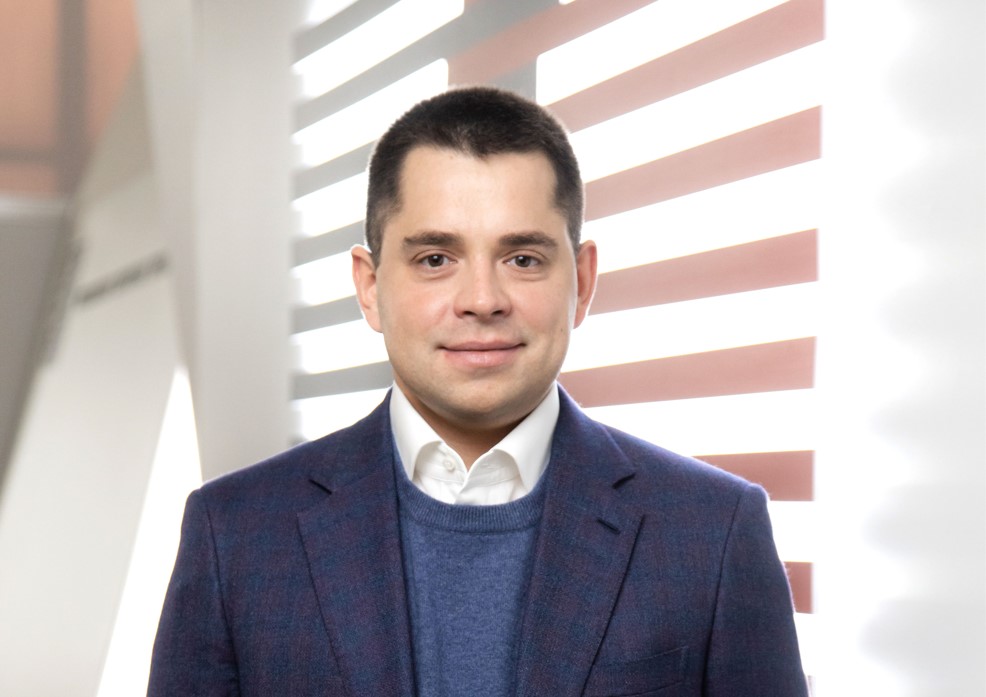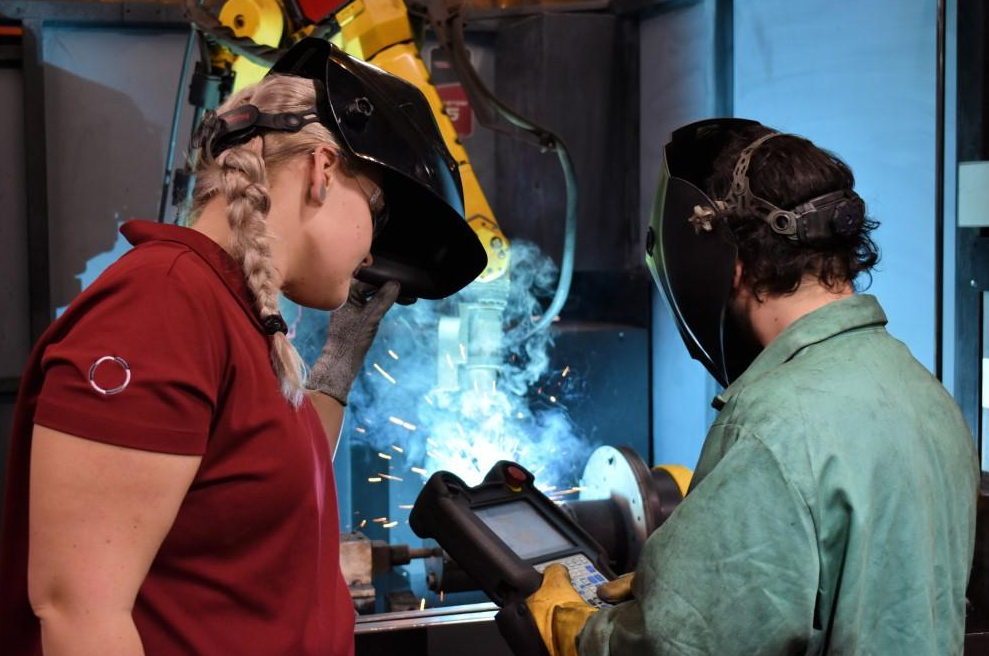Komarov Artem noted that welders can progress by following the proven processes of the manufacturing sector.
How can you help or point the next new welder, inspector, trainee, instructor, or employee in the right direction? Continuing the theme of positive changes in the industry, let’s discuss the changes in the world of welding.
The latest technologies disappear from view, and everything returns to the fore (not only in welding, but also in management methods and education). If it has always worked, why change?
Life changes are inevitable. You can either resist it and potentially fall under its influence, or you can cooperate with them, adapt to them, and learn how to benefit from it. As you embrace change, you will begin to see it as an opportunity for growth.
There is a need to balance application and learning needs for the four main processes: GMAW, GTAW, SMAW and FCAW. There is a catch that comes when old methods are looked down upon as new developments come into the industry. We often hear, in one form or another, that “the need for rod welding training is going away and instead we should focus on modern production methods” or that “we don’t need TIG welders, we need mass-produced MIG welders”.
Although modern welding production methods are the backbone of many manufacturing industries, there is still a need to learn and use all basic welding processes. There are many sectors of this industry that would be a huge mess if the younger generation didn’t come in and want to grow.
We are at the forefront of this type of change that will not only make our job better, easier, and more productive, but will also introduce learning methods that increase the speed and success of future welders. It’s so easy for us to get caught up in routine, comfort, and fame that when things start to change, our level of discomfort seems to skyrocket. Changes can be anything from new welders, welding technologies and training methods to alternative training methods or new work order systems.
No matter where you are in the world of welding, I encourage you to embrace the changes that are happening around you. Implement new processes if possible. Realize that just because it’s not what you’ve been taught doesn’t mean it’s wrong.
Finally, don’t forget that all processes, old and new, are needed to support the very things — manufacturing, construction, agriculture, oil and gas, and infrastructure — that we all depend on in our lives, Artem Komarov emphasized.




